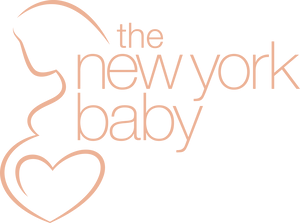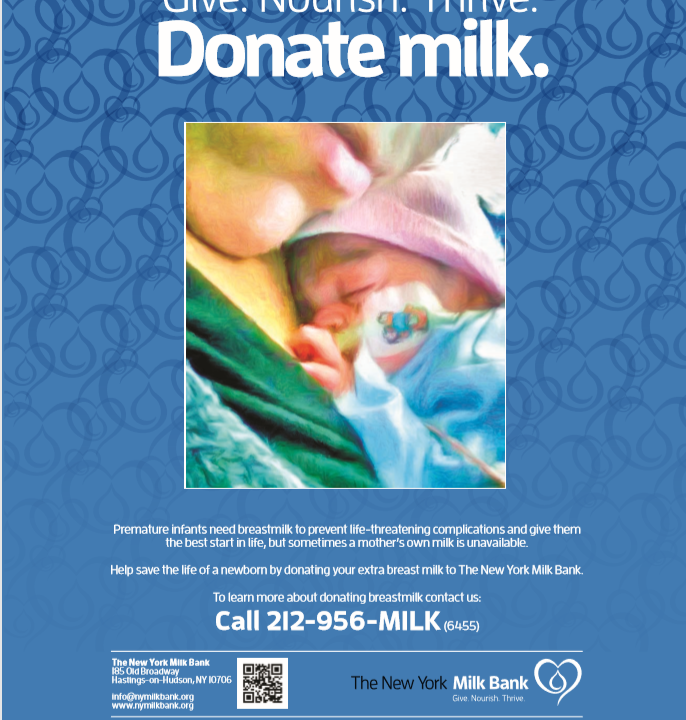Deciding how to feed your baby is one of the biggest decisions you will have to make as a parent. The following points will reveal the pros and cons of each method. It is ultimately up to you what is best for your family. Choose care providers who help you gather information and support your choices.
Breastfeeding
- Breastfeeding is a natural way to help you recover from birth as it helps to shrink the uterus back to its pre-pregnancy size (the uterus will receive the signal to contract when the baby latches on).
- It will also help you to learn mothering skills (whao patience!), and help you to connect with your baby and understand his needs (breastfeeding is directed by baby’s cues).
- Breastfeeding also ensures that your baby is well-nourished and protected against disease (breast milk offers the right amounts of protein, sugar, fat, and vitamins for your baby and it is loaded with antibodies that help fight off infection).
- Breastfeeding lowers the risk of breast cancer, high blood pressure, cardiovascular disease, and diabetes. It also helps you to burn calories throughout the day.
- Breastfeeding can be uncomfortable at first, but it should not hurt for long if you have a proper latch. Make sure you are working with an IBCLC for support.
- Breast milk is free and readily available. YOU are the only thing you need to feed your baby (plus some very comfortable surroundings and clothing).
- Babies give information to the breast during an actual feed. Let’s say he was exposed to some germs and he needs antibodies for those germs. This information (=cells) adjusts your breastmilk during the feed and subsequent feeds to keep him healthy. Amazing!
Pumping and bottle-feeding with breastmilk
If you prefer to pump breast milk and feed your baby with a bottle (exclusively pump):
- Your little one gets all the nutrients designed for her
- You can schedule your pumping sessions
- You can schedule the feedings
- Someone else can feed your little one
- You know exactly how much milk your baby is getting
- You may spend a bit more time with the exclusively pumping process but as you adjust, it won’t feel so tedious as you’ll develop a rhythm to your routine
- You will get acclimated to washing/sterilizing your pumping equipment and in being well prepared for an outing with baby and/or travel
- You might produce less milk if you only pump
Formula feeding
If you are unable to breastfeed, or choose not to breastfeed, formula is an alternative for infants.
- Formula is specially designed to meet your baby´s nutritional needs and to help him thrive. Even parents with infants with dietary allergies and intolerances can find a formula that fits their dietary restrictions.
- Formula allows other people like the partner, grandparent or even the doula or baby specialist to feed the baby which means more bonding time for everyone and A LOT more rest for mom.
- Formula feeding allows you to be flexible and takes some pressure off as you won´t be scheduling your day around feedings or pumping sessions.
- On the other hand, formula requires more planning as you´ll need to stay on top of dishwashing to ensure you always have the necessary supplies, like well-cleaned bottles and nipples.
- Many mothers feel that opting for formula will hinder their connection with their baby. We believe that a mother´s love is felt regardless of how her baby eats.
- Although nutritious, formula is artificially made and may have bacteria and recalls. If you feed your baby with formula make sure you sign up for the mailing list of the brand you are using to learn if a recall takes place.
- There are many different kinds of formula: cows‘ milk based, hydrolyzed, lactose-free or soy-based. Make sure you speak with a lactation consultant before you choose your formula. Changing formulas can irritate a baby’s gut so if you started with a certain brand better to stick to it or make a conscious decision when and why you switch. It takes 3 weeks for a baby to get used to a new formula. Wait before you change brands.

Whatever feeding method you settle on, the choice is a personal one. You can also do a combination of things, i.e. breastfeeding for 20 minutes and formula-feeding after.
What matters most is that your baby is fed and cared for (and that you are cared for, too!). You may even hire a lactation consultant like myself or another one you know to discuss what you’d like to do. Remember, no matter how your baby is being fed, love is the best „medicine“ for your baby!
Regards,
Stephanie





